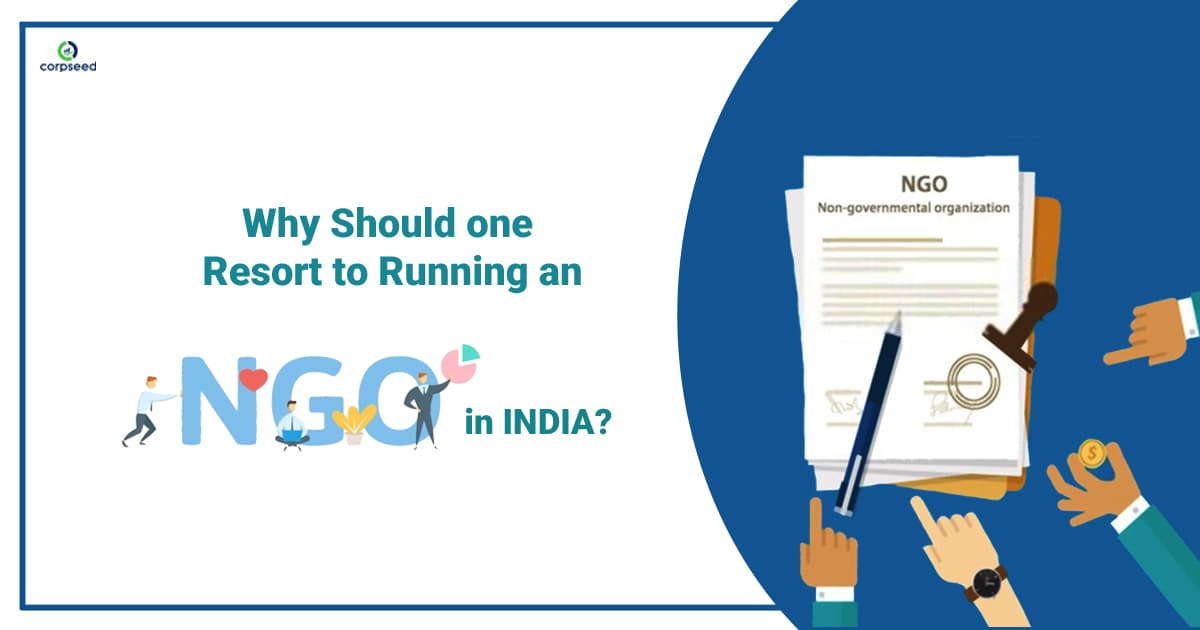
Loading...

As believed by many prominent institutions, NGOs carry the requisite potential to bring about a total alleviation in the situation of the poor people.
About the Author

Related articles

MCA Invites Stakeholders' Feedback to Simplify SPICe+ Part B Resubmission and Linked Forms
2026-01-03

Annual Compliance Checklist For Private Limited Companies And LLPs In India
2026-12-31

Step-by-step Guide to Registering a Company Online in 2026 (in India)
2026-12-29

Step-by-Step Guide: How to Register a Section 8 Company in India
2025-12-24

Annual Compliance For A Private Limited Company
2025-12-20

Why is the Rent Agreement in India only for 11 Months?
2025-12-19